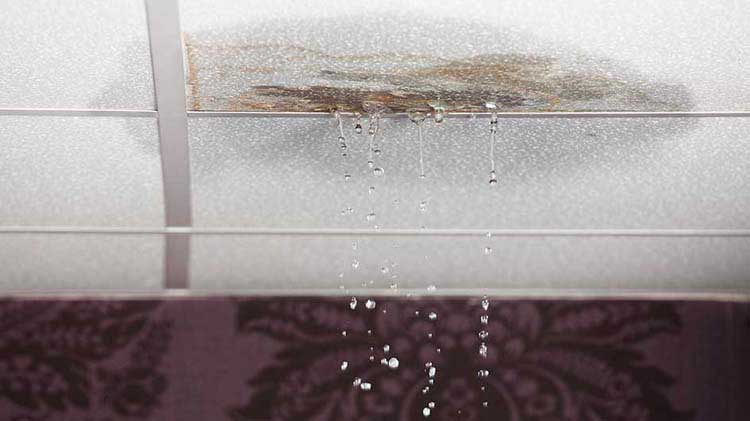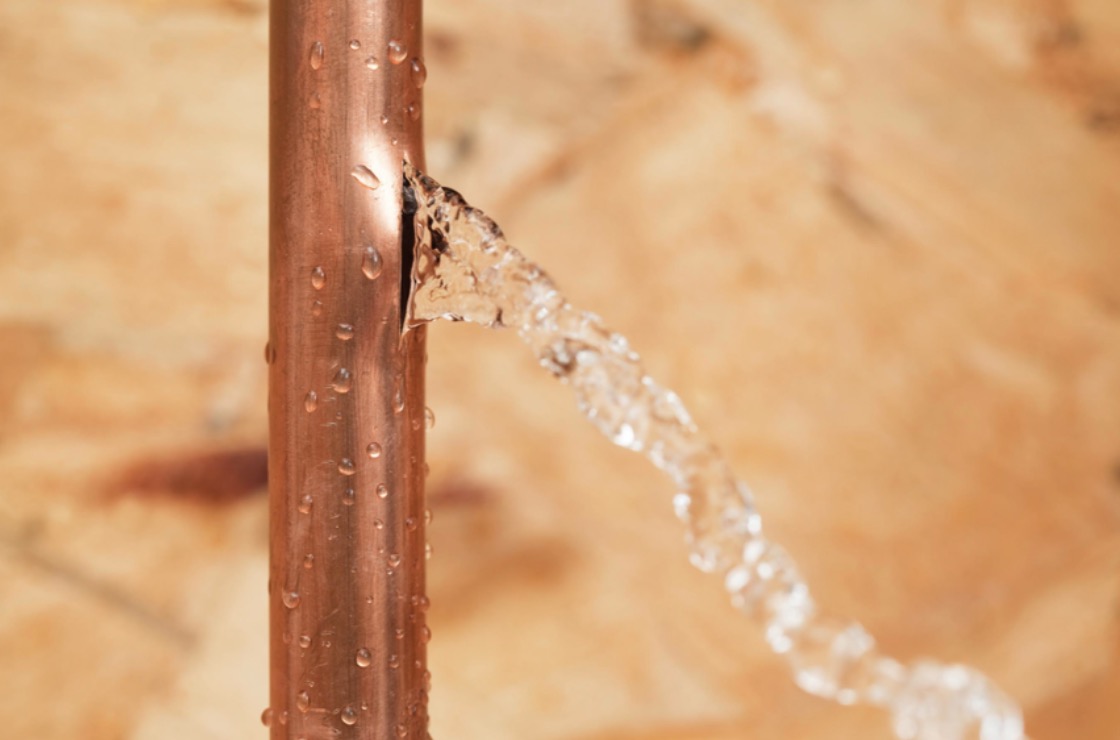Find Out Common Causes Leading To Water Leak Issues Within Your House
Find Out Common Causes Leading To Water Leak Issues Within Your House
Blog Article
We've unearthed this great article relating to How to detect water leaks in your home directly below on the net and accepted it made perfect sense to relate it with you here.

Leakages not just trigger waste of water but can also trigger unnecessary damages to your home as well as advertise undesirable natural growth. By recognizing and also looking for day-to-day scenarios that create leakages, you can shield your residence from future leakages as well as unnecessary damage.
Trespassing roots
Many water leakages start outside the residence instead than inside it. You could notice wet spots or sinkholes in your lawn, as well as that could mean that tree origins are getting into water lines causing water to seep out.
Rusty water supply
As time passes by, your plumbing system ages and deterioration such as rust may start gnawing the pipelines. This may be the root cause of discoloration or bending on your water pipes. This asks for an evaluation with your plumber right away. Take into consideration changing the pipes given that they are at a higher risk of rust than the more recent versions if our plumbing system is old.
Faulty Pipe Joints
Pipeline joints can wear away over time, resulting in water leakages. If you have loud pipes that make ticking or banging sounds, particularly when the hot water is turned on, your pipeline joints are probably under a whole lot of pressure.
Instant temperature level changes.
Extreme temperature level adjustments in our pipes can trigger them to expand and contract unexpectedly. This development and also tightening may create cracks in the pipes, especially if the temperature level are below cold.
Poor Water Connectors
Sometimes, a leakage can be triggered by loosened pipes as well as pipelines that provide your home appliances. Usually, moving is what causes the loose water Links. You may locate in the case of a washing device, a hose pipe may spring a leakage as a result of trembling throughout the spin cycle. In case of a water connections leakage, you might see water running directly from the supply line or pools around your appliances.
Clogged Drains
Clogged drains might be frustrating and inconveniencing, but they can occasionally wind up triggering an overflow causing rupture pipes. Maintain getting rid of any kind of products that may go down your drains pipes that could block them to prevent such aggravations.
All the above are reasons for leakages but not all water leaks result from plumbing leakages; some leakages may originate from roofing leaks. All leaks should be fixed immediately to stay clear of water damages.
Leaks not only create waste of water however can also cause unneeded damage to your home and also promote undesirable organic growth. By recognizing as well as looking for day-to-day scenarios that cause leakages, you can safeguard your house from future leaks as well as unneeded damage. Today, we will look at six leakage causes that may be creating your pipes to leak.
At times, a leakage can be caused by loosened hose pipes as well as pipes that supply your home appliances. In instance of a water connections leak, you might see water running directly from the supply line or pools around your devices.
How To Check For Water Leak In Your Home
How To Check for Leaks
The average household's leaks can account for nearly 10,000 gallons of water wasted every year and ten percent of homes have leaks that waste 90 gallons or more per day. Common types of leaks found in the home are worn toilet flappers, dripping faucets, and other leaking valves. These types of leaks are often easy to fix, requiring only a few tools and hardware that can pay for themselves in water savings. Fixing easily corrected household water leaks can save homeowners about 10 percent on their water bills.
To check for leaks in your home, you first need to determine whether you're wasting water and then identify the source of the leak. Here are some tips for finding leaks:
Take a look at your water usage during a colder month, such as January or February. If a family of four exceeds 12,000 gallons per month, there are serious leaks.
Check your water meter before and after a two-hour period when no water is being used. If the meter changes at all, you probably have a leak.
Identify toilet leaks by placing a drop of food coloring in the toilet tank. If any color shows up in the bowl after 10 minutes, you have a leak. (Be sure to flush immediately after the experiment to avoid staining the tank.)
Examine faucet gaskets and pipe fittings for any water on the outside of the pipe to check for surface leaks.
Undetected water leaks can happen without the home or business owner even realizing. If you suspect a water leak, but not able to find the source. It is time to contact a professional water leak detection service, The Leak Doctor.
How To Find a Water Leak In Your Home
https://www.leakdoctor.com/blog/How-To-Check-For-Water-Leak-In-Your-Home_AE197.html

Hopefully you liked our post about How to detect water leaks in your home. Thanks a ton for taking a few minutes to read our blog post. In case you liked our article please be sure to pass it around. We enjoy reading our article about Common Water Leaks In House.
Address plumbing needs. Report this page